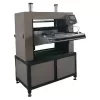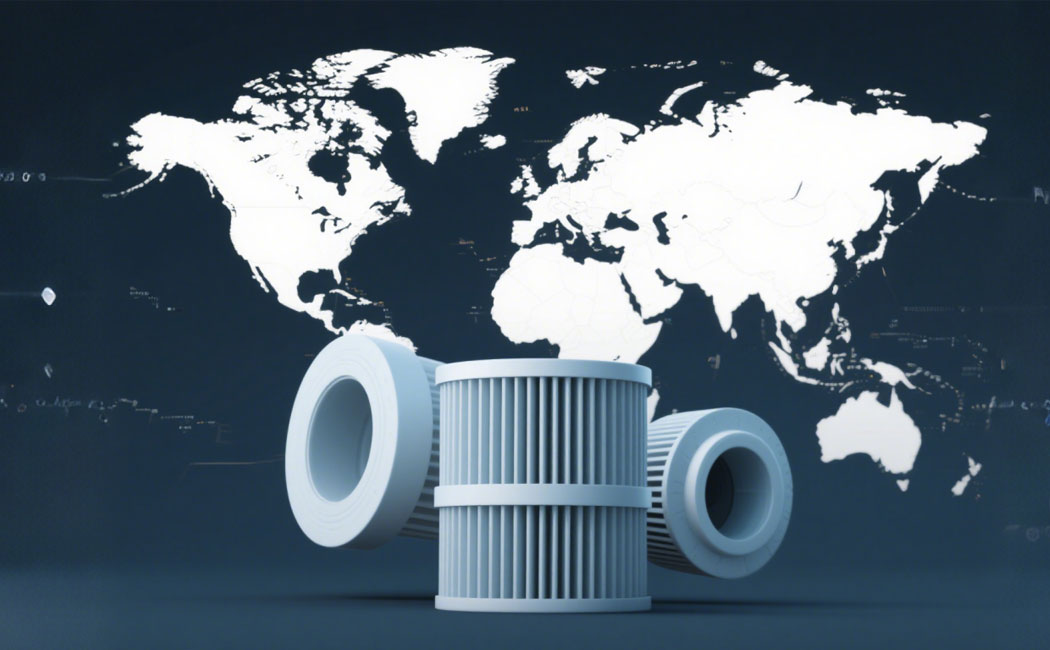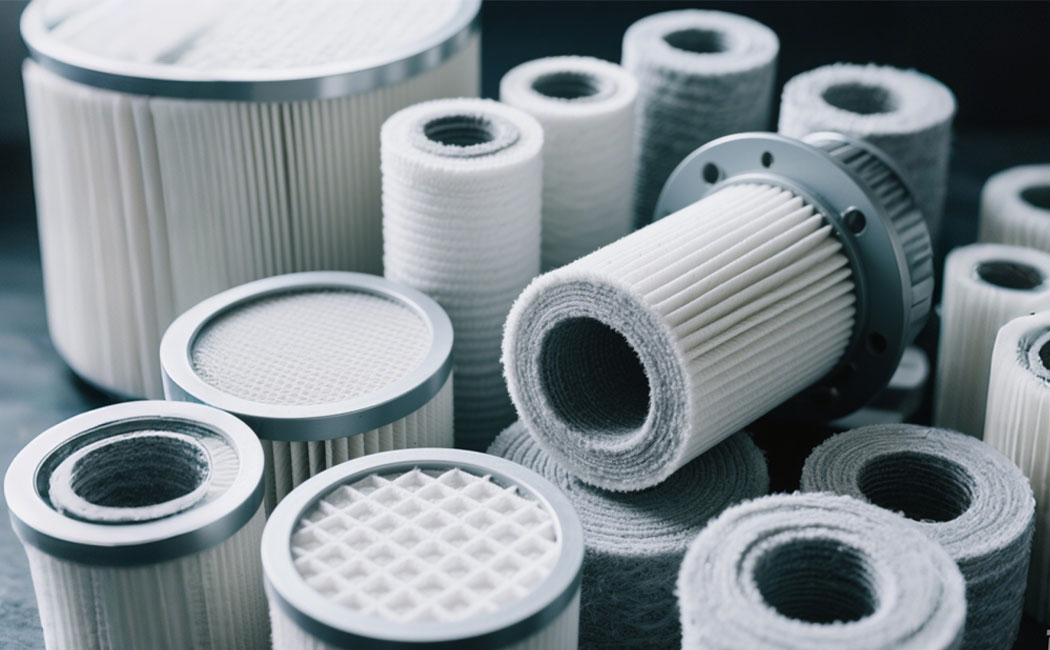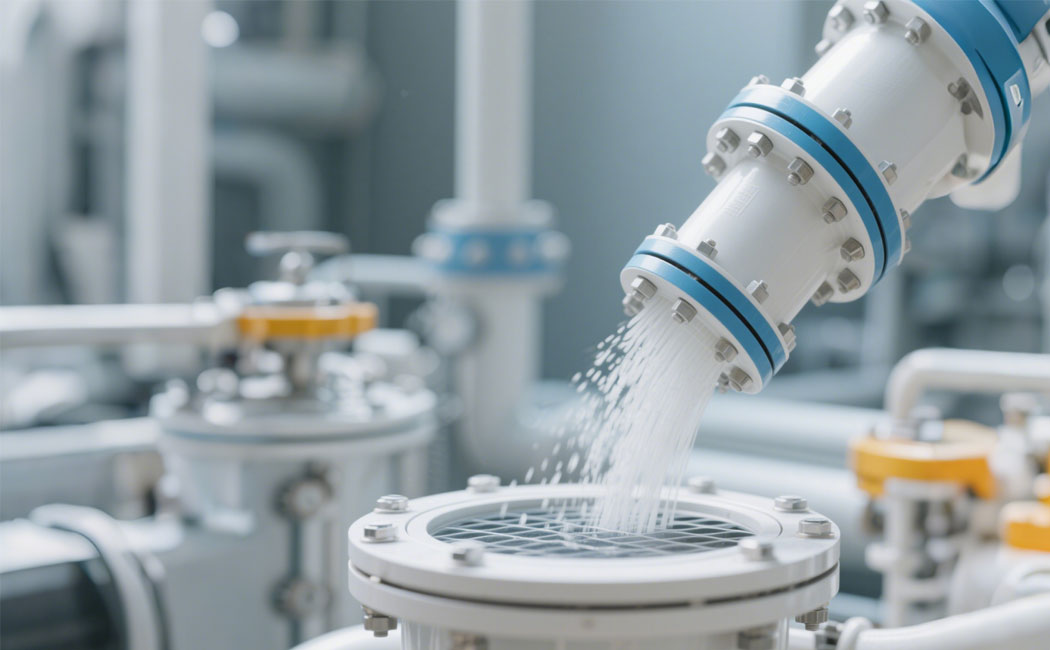What Is Filter Machinery and How Can It Benefit Your Industry?
In today’s industrial environment, filter machinery plays an important role in maintaining operational efficiency, product quality and environmental compliance. These complex systems are designed to remove pollutants in air and liquids, and have become indispensable part of many industries, from manufacturing and power generation to medical care and pharmacy. In this paper, the technology of filtering machinery, especially air filter machine, is introduced in depth, and its unique advantages, specifications and diverse applications are explored.
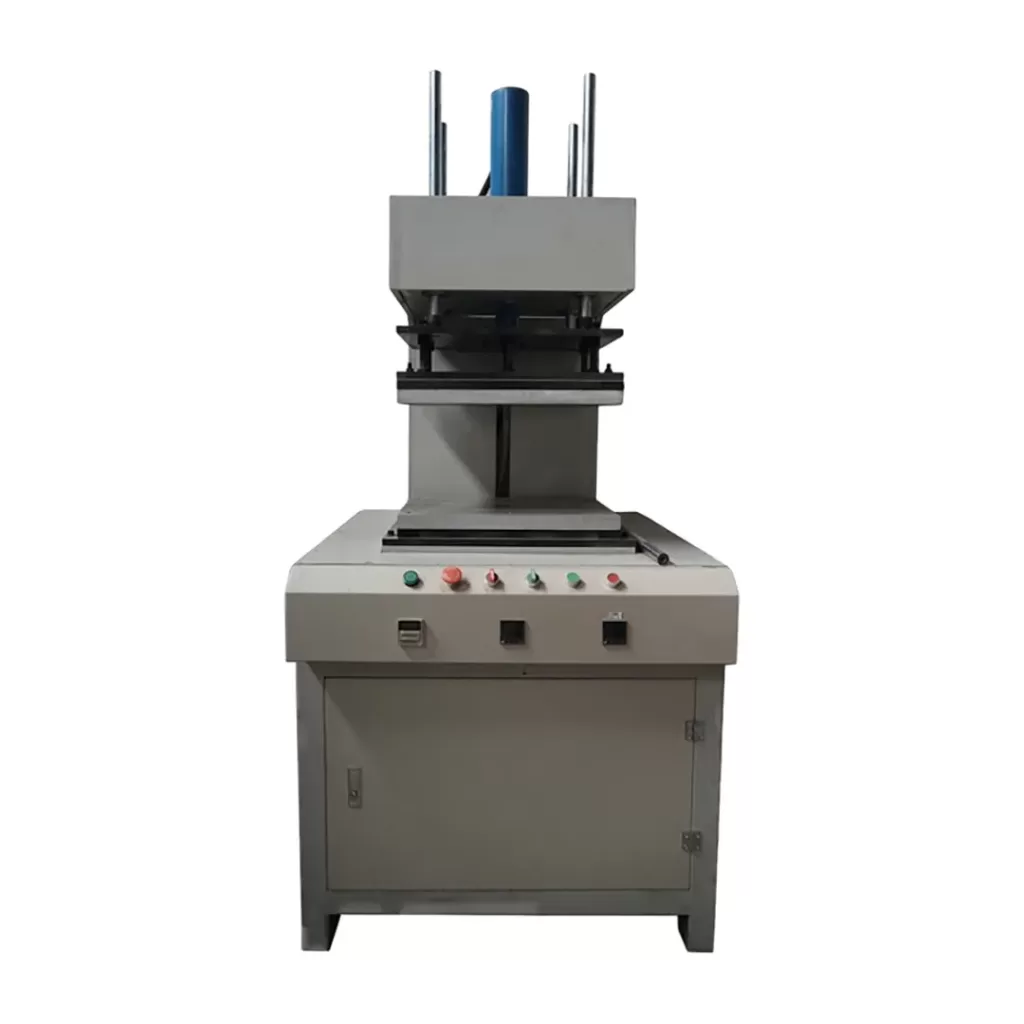
What is Filter Machinery?
Filtration machinery includes a series of equipment for separating impurities from gases and liquids by various physical and chemical methods. These systems are very important for protecting machines, ensuring product purity and complying with environmental laws and regulations. The global industrial filter machinery market is substantial, with estimates projecting it to reach USD 29.27 billion by 2025, growing at a compound annual growth rate (CAGR) of 3.92% through 2032.(Source: DIResearch: Global Industrial Filter Machinery Market 2024-2032 Report)
When discussing the technology of air filtration machine in detail, we refer to equipment that removes particulate matter, pollutants and sometimes chemical pollutants from air flow. These systems are very important to applications ranging from engine protection to industrial air purification and building ventilation systems.
Unique Advantages of Modern Filter Machinery
Compared with traditional filtering methods, today’s filter machinery has several obvious advantages.
1. Improve efficiency and automation
Modern air filtration units has advanced automation capabilities. For example, self-cleaning air filter models such as HRX series uses an electromagnetic valves to carry out on-line back blowing, so as to remove the dust accumulated on the filter elements without interrupting operation. This automation reduces maintenance needs and ensures consistent performance.
2. Superior Filtration Precision:
Advanced filter machinery can achieve excellent filtering effects. Some systems can capture particles as small as 0.3 microns, ensuring that the output of air and liquid applications is exceptionally clean.
3. Energy efficiency and cost Savings
Energy efficiency is considered in the design of contemporary filtration machinery. Low-power motors (usually around 100 w) are used in automatic roll filter and other equipment, while maintaining high flow rates and low flow resistance, thus significantly reducing operating costs.
4. Adaptability and customization
Modern filter machinery can be customized according to specific operational requirements. Today’s system has extraordinary flexibility, whether through adjustable filtration levels, customizable self-cleaning modes (timing, pressure difference or manual), or modular designs to adapt to different capacities.
Product Specifications and technical details
There are various configurations of filtration machinery to meet different industrial needs. The following are some key technical aspects.
Specification of air filtration machines
A typical industrial air filtration machine may have the following characteristics:
· initial Resistance: < 150 Pa, for effective operation.
· -filtration Capacity: the range is from 120 to 5760 me/min, so as to adapt to different facility.
· self-cleaning Mechanisms: using pulsed air with pressures of 0.5-0.8 MPa, and consumption rates of 0.1-0.3 micromole/min.
· control system: Based on the automation of programmable logic controller (PLC), with multiple operation modes (timing, pressure difference, manual).
· filter Life: under normal operating conditions, it is usually as long as 2 years.
Professional filtering machinery and equipment
In order to produce air filters, professional equipment such as filter forming machines are provided:
· Production Speed: 2 tablets per minute.
· Motor Power: 3 kW.
· Operation Pressure: 0.65 MPa.
· Heating System: 8 kW. The upper plate (175 degrees Celsius) and the lower plate (155 degrees Celsius) have independent temperature control.
· Dimensions: Compact footprint of 800 × 600 × 1900 mm.
· Certification: Quality assurance according to ISO and CE.
Important cross-industry applications
Filter machinery plays an important role in different industries.
Manufacturing industry and industrial process
In manufacturing environment, air filtration systems protects sensitive equipment and ensures the quality of products. Automatic roll filters is especially useful in the environment with high dust concentration, otherwise the filter needs to be replaced frequently.
Electricity Generation industry
The electric power sector relies heavily on filter machinery to protect turbines and generators. In this case, self-cleaning air filter devices are particularly valuable, because they prevent particles from damaging key components while maintaining the best airflow.
Medical care and medicines
In these regulated industries, filter machinery ensures clean air and liquid processing environment, which is very important for product safety and compliance with hygiene standards.
Sewage disposal
Liquid filter machinery, including drum filters and cartridge systems, plays a vital role in wastewater treatment by removing suspended solids and contaminants, with some systems capable of filtering particles as small as 0.25 mm.
Metal and mining Operations
Filter machinery is used in various processes in metal and mining industries, including ventilation air purification and process water treatment, in which drum filters and other equipment can effectively treat high solid content.
Advanced Features of Modern Filter Machinery
The development of filtering machinery has introduced some complicated functions.
Intelligent control system
Modern filter machinery usually includes advanced control systems. For example, some self-cleaning air filter models use PLC-based controllers, which automatically adjusts the operation according to the pressure difference readings to optimize the filter life and energy consumption.
Innovative Self-Cleaning Mechanisms
Different filtering machines adopt different self-cleaning methods. The pulse jet air filter machine systems uses compressed air explosion, while automatic roller filters uses the media propulsion mechanisms, each of which is suitable for specific application requirements.
Enhance materials Science
Modern filtration machinery benefits from advanced filtration media, including synthetic materials with gradient density structures and professional coatings, which can improve dust holding capacity while keeping low airflow resistance.
Adaptive mode of operation
Complex air filter machine and equipment usually provide a variety of operation modes, allowing customization according to specific environmental conditions and operation requirements.
Frequently asked Questions about filter machinery
Q: How often does the filtration equipment need to be maintained?
Answer: the maintenance cycle varies with the operating environment and the type of filtration machinery. Self-cleaning air filter systems may run for a long time with little intervention, and under normal circumstances, filter elements usually need to be replaced every 1-2 years.
Q: What’s the difference between conventional filters and self-cleaning filtering machine?
Answer: Traditional filters need to be shut down regularly for cleaning or replacement, while self-cleaning filtering machinery can automatically removes accumulated pollutants during operation, thus minimizing downtime and maintenance requirements.
Q: Can the filtration machine handle high humidity environment?
A: Many modern air filter machines are designed to operate effectively under 100% relative humidity, which makes them suitable for challenging environmental conditions.
Q: What’s the importance of the pre-filtration stage in the filtration machinery?
Answer: Pre-filtration prolongs the life of primary filters by removing larger particles. Some air filter machine systems offer optional pre-filters specifically for capturing substances like leaves and pollen.
Q: What factors should be taken into consideration when choosing a filtering machine?
A: the main considerations include: particle characteristics (size, concentration), gas or liquid flow rates, operating environment, required filtration efficiency, available space and accessibility for maintenance.
Conclusion
For industries seeking to improve operational efficiency, meet regulatory requirements and improve product quality, filter machinery is a key investment. From self-cleaning air filter systems for protecting sensitive equipment to the complex liquid filtration solutions for ensuring process purity, this technology has provided tangible returns by reducing maintenance costs, prolonging equipment life and improved operational reliability. With the continuous expansion and development of the market, enterprises from all walks of life would benefit from evaluating how modern filtration machinery solutions can cope with specific filtration challenges.
Share:
Categories
- blog(46)
- Industry news(3)
- Technique articles(43)
Recent Posts
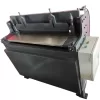
What is the melt filter trimming machine ...
11/20/2025 Comments Off on What is the melt filter trimming machine and how does it enhance the filtration system?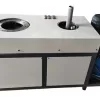
What is a Melt Filter Shrinking Machine ...
11/18/2025 Comments Off on What is a Melt Filter Shrinking Machine and Why is it Essential for Filter Manufacturing?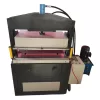
What is a melt filter extruder and ...
11/13/2025 Comments Off on What is a melt filter extruder and how does it enhance your filtration system?